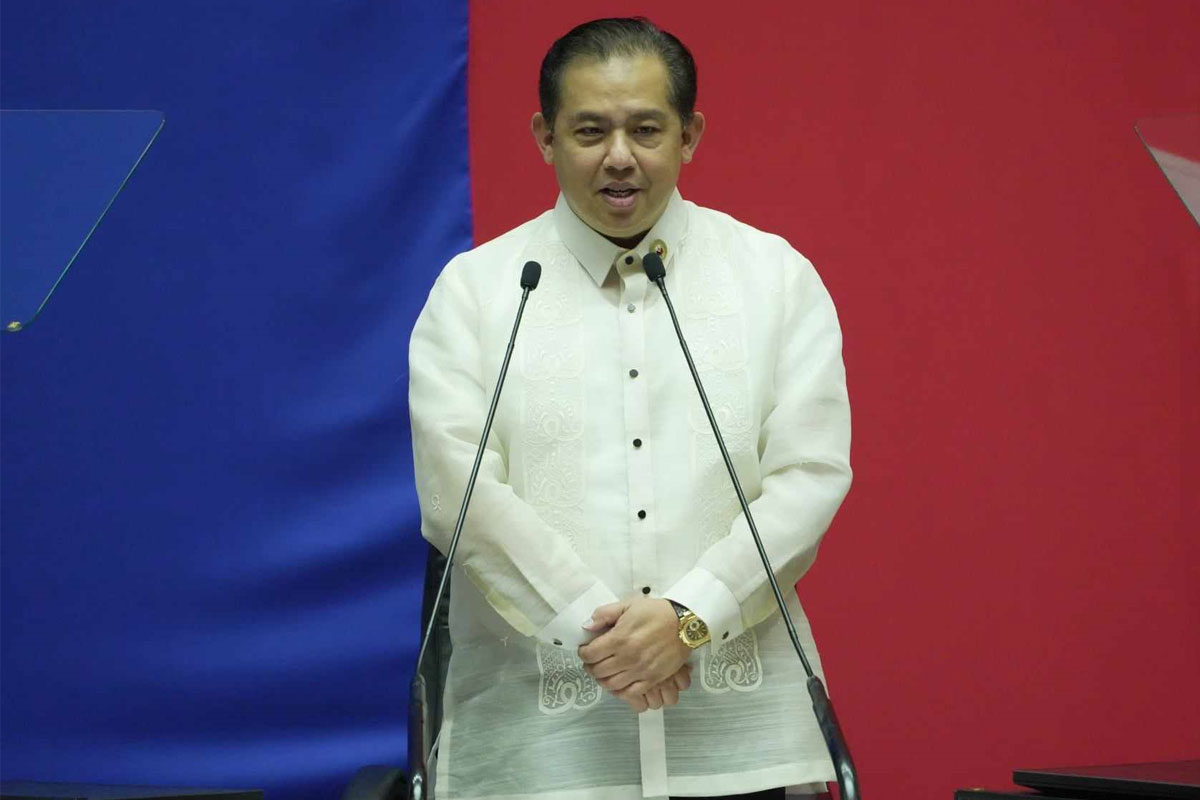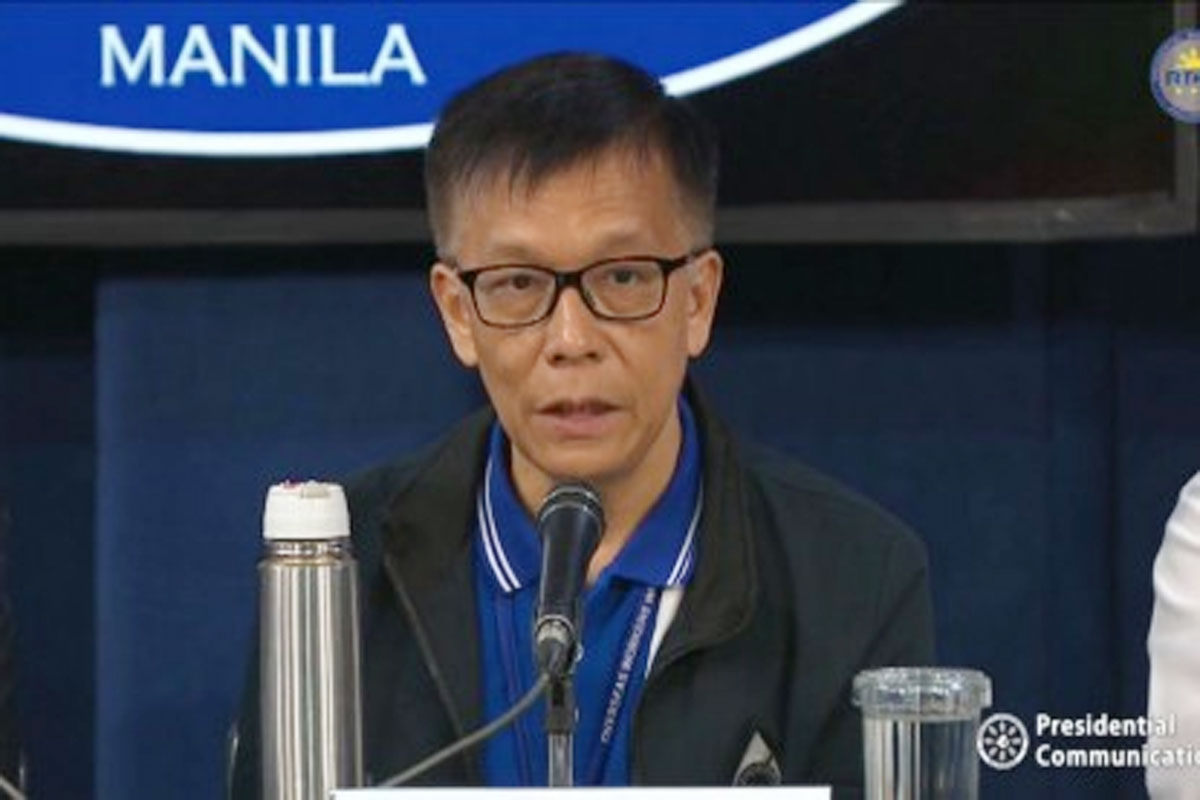
Solon seeks to end discrimination at work
IN the name of equality and justice and to safeguard the rights of the employees, a measure has been filed in the House of Representatives to address undermined human dignity which the government has vowed to uphold.
Bataan 1st District Rep. Geraldine Roman, through House Bill (HB) 532 or the proposed “Equal Employment Opportunity Act of 2018,” aims to establish an Equal Employment Opportunity Commission which shall be tasked to resolve cases of unlawful employment practices or discrimination.
The bill refers to fail or refuse to hire or to discharge any individual, or otherwise to discriminate against any individual with respect to his compensation, terms, conditions, or privileges of employment because of such individual’s race, color, religion, disability, sex, sexual orientation, gender identity or expression, or national origin.
In her explanatory note of the bill, Roman said it is a given that employees are never on equal footing with their employers. Complemented by the labor surplus in the country and lack of legislation, the employees are often subjected to discrimination in the guise of “sound business judgment.”
She, however, said employees are engaged taking into account that the criteria are scientifically proven nor even logically related to the job applied for. Other forms of discrimination include the use of this set of criteria to fix rates of pay or even for purposes of promotion.
“The State affirms labor as a primary social economic force. It shall protect the rights of workers and promote their welfare,” Roman, chairperson of the House committee on gender equality said.
The solon from Bataan said even with all the current laws in place, there persists a problem in the labor sector in which the employees are often left with no recourse – discrimination.
To this end, one of the key provisions of the measure stipulates that it shall be unlawful for a job contractor to fail or refuse to refer for employment, or otherwise to discriminate against, any individual because of race, color, religion, disability, sex, sexual orientation, gender identity or expression, or national origin.
When signed into law, it shall be unlawful employment practice for any employer, labor organization, or those organizations with apprenticeship or learning programs, including on-the-job training programs to discriminate against any individual.
Furthermore, the burden of proof shall lie with the complaining party to demonstrate that the respondent uses a particular employment practice that causes a disparate impact on the basis of race, color, religion, disability, sex, sexual orientation, gender identity or expression, or national origin and that the respondent fails to demonstrate that the challenged practice is job-related for the position in question and consistent with business necessity.
Any person or persons of employers, job contractors, labor organizations, or employers with apprenticeship or learning program responsible for committing the unlawful employment practice shall suffer: a) Imprisonment of not less than three months but not more than six months or a fine of not less than P200,000.00 but not more than P400,000.00), or both, for first time offenders; b) Imprisonment of not less than six months but not more than one year or a fine of not less than P400,000.00 but not more than P600,000.00, or both, for second-time offenders; or c) Imprisonment of not less than one year but not more than three years or a fine of not less than P600,000.00) but not more than Php1,000,000.00, or both, for third-time offenders with a penalty of closure in all instances.
There shall be an Equal Employment Opportunity Commission which shall be attached to the Department of Labor and Employment solely for program and policy coordination, composed of a Chairman and 14 members.
Roman champions equal opportunity for all Filipinos. For her, equal opportunity is a “state of fairness in which individuals are treated similarly, unhampered by artificial barriers, prejudices or preferences, except when particular distinctions can be explicitly justified.” Roman stands for advancement to be open to everybody without regard for wealth, status, or membership in a privileged group.


















